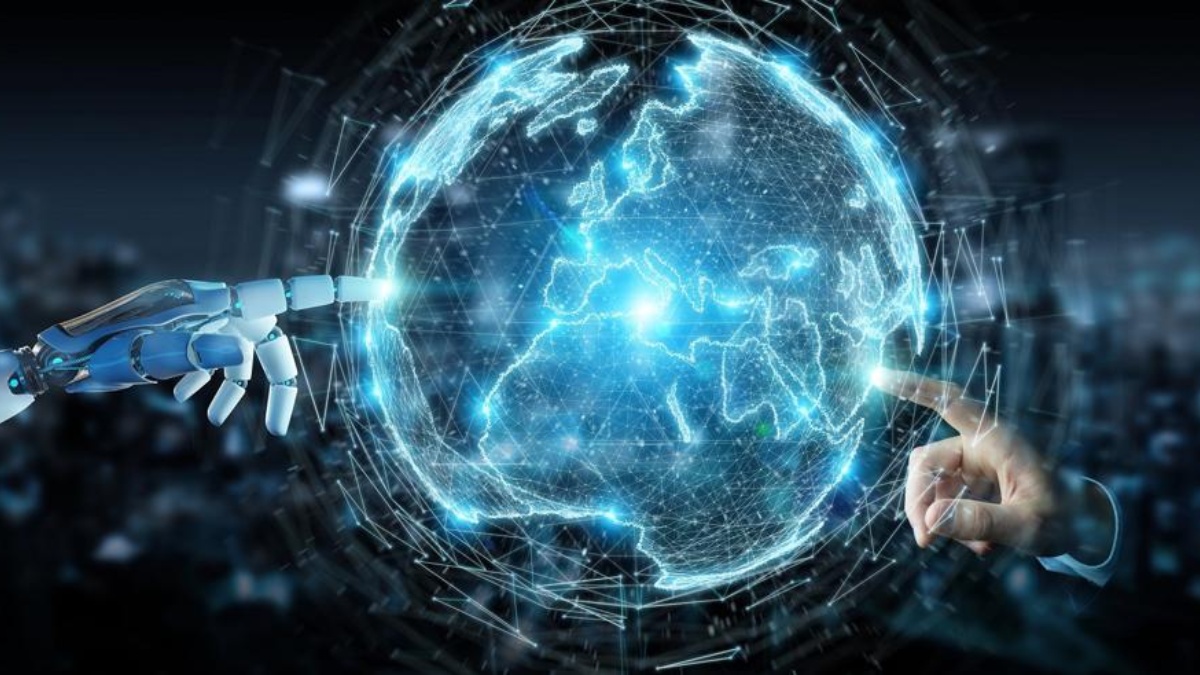
Summary – The rapid rise of artificial intelligence (AI) is reshaping geopolitics, climate diplomacy, technology, and social change worldwide.,
Article –
Artificial intelligence (AI) has become a transformative force affecting multiple facets of global affairs including geopolitics, economics, climate strategies, and social changes. The swift progress in AI compels nations to swiftly adapt policies, create regulations, and utilize AI technologies to maintain competitive edges and ensure security.
Background
The recent surge in AI began gaining serious momentum over the last two years. Breakthroughs in machine learning, natural language processing, and autonomous systems have brought AI technologies to the forefront globally. Governments, multinational corporations, and international bodies are investing heavily in AI research to leverage its full potential.
Key developments include:
- AI integration announcements in defense systems
- Proposals for regulatory frameworks at international forums
- Public debates focused on ethical AI usage
Main actors in this field encompass the United States, China, the European Union, and emerging AI-focused nations such as South Korea and Singapore. Organizations like the United Nations (UN) and the G20 have begun including AI in their agendas, with focus areas such as responsible adoption, cross-border data sharing, and addressing AI-driven inequality.
The Global Impact
AI directly affects geopolitical dynamics and economic strategies. It serves as:
- A tool for enhancing national security via data analytics and cybersecurity
- An economic driver for innovation in sectors like manufacturing and healthcare
Competition for AI leadership influences trade policies, intellectual property rights, and digital infrastructure investments worldwide. Additionally, AI impacts climate initiatives by optimizing natural resource management, improving environmental monitoring, and enhancing climate trend predictions. However, concerns about AI’s high energy consumption challenge sustainability ambitions.
Socially, AI is altering labor markets by automating routine jobs, introducing urgent policy needs around employment and education. Ethical challenges arise concerning surveillance, privacy, and misinformation, pressing for international cooperation in creating effective governance frameworks.
Reactions from the World Stage
The global reaction to AI’s rise is mixed but generally cautiously optimistic with strong calls for regulation:
- United States: Aims to maintain innovation leadership and establish global norms.
- China: Focuses on economic growth and expanding tech partnerships worldwide.
- European Union: Advocates strict data privacy and ethical AI guidelines.
Developing countries show enthusiasm tempered by concerns about digital divides and dependence on technology imports. Multilateral organizations stress inclusive dialogue and capacity-building to ensure fair access to AI benefits.
Experts in international relations view AI governance as a new diplomatic frontier requiring cooperation beyond traditional treaties. This involves partnerships among tech firms, civil society, and governments, with coordination challenges comparable to those of climate policy.
What Comes Next?
The future of AI in global affairs hinges on balancing technological progress with ethical and security concerns. Possible scenarios include:
- Establishment of global agreements on AI standards
- Fragmented regulations leading to increased geopolitical tensions
Ongoing international dialogue will be crucial in directing AI’s contribution towards sustainable development goals, security enhancement, and human rights protection. As AI evolves quickly, continuous monitoring is essential for policymakers and analysts.
The central question remains: Will the international community unify to govern AI responsibly, or will rivalry obstruct collaboration? Stay informed with updates and analyses from Questiqa World.

